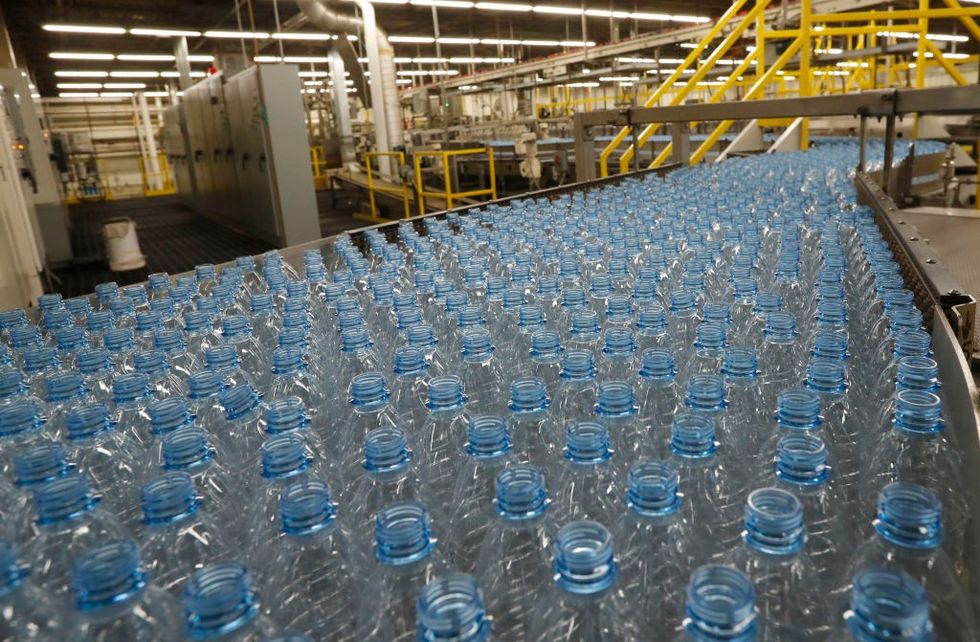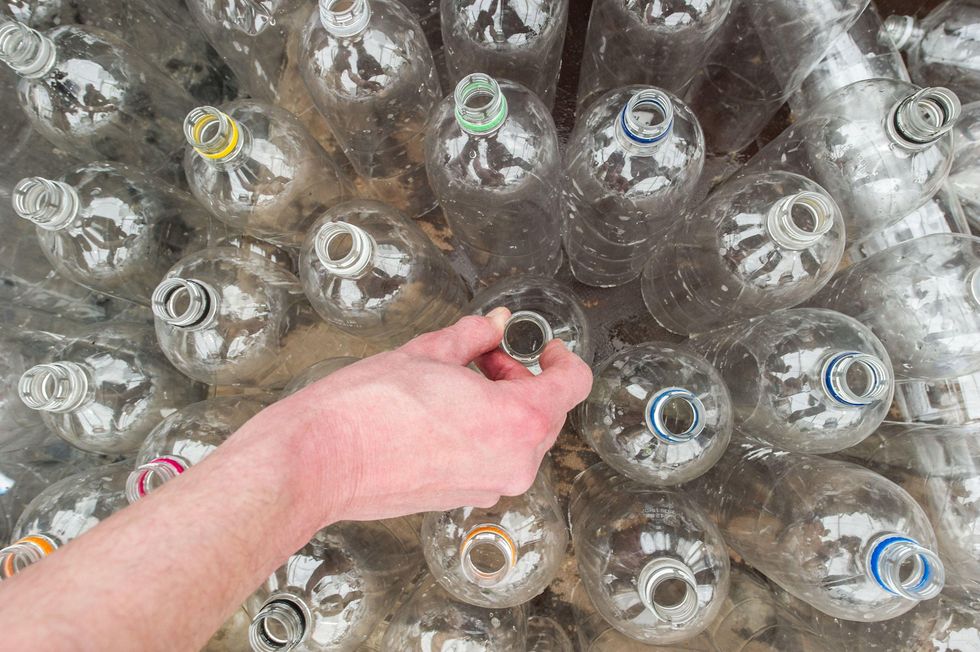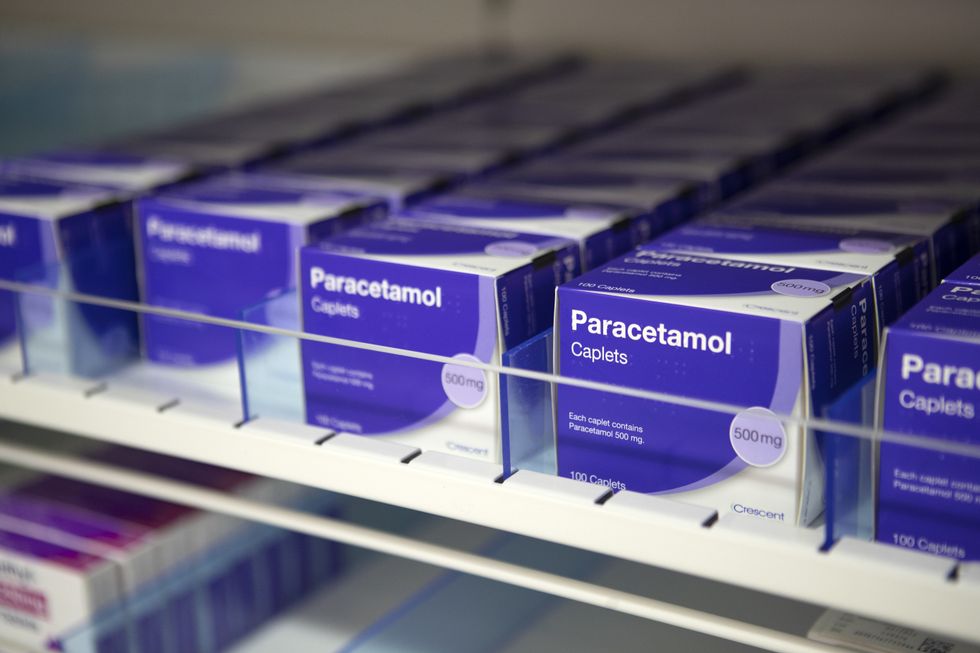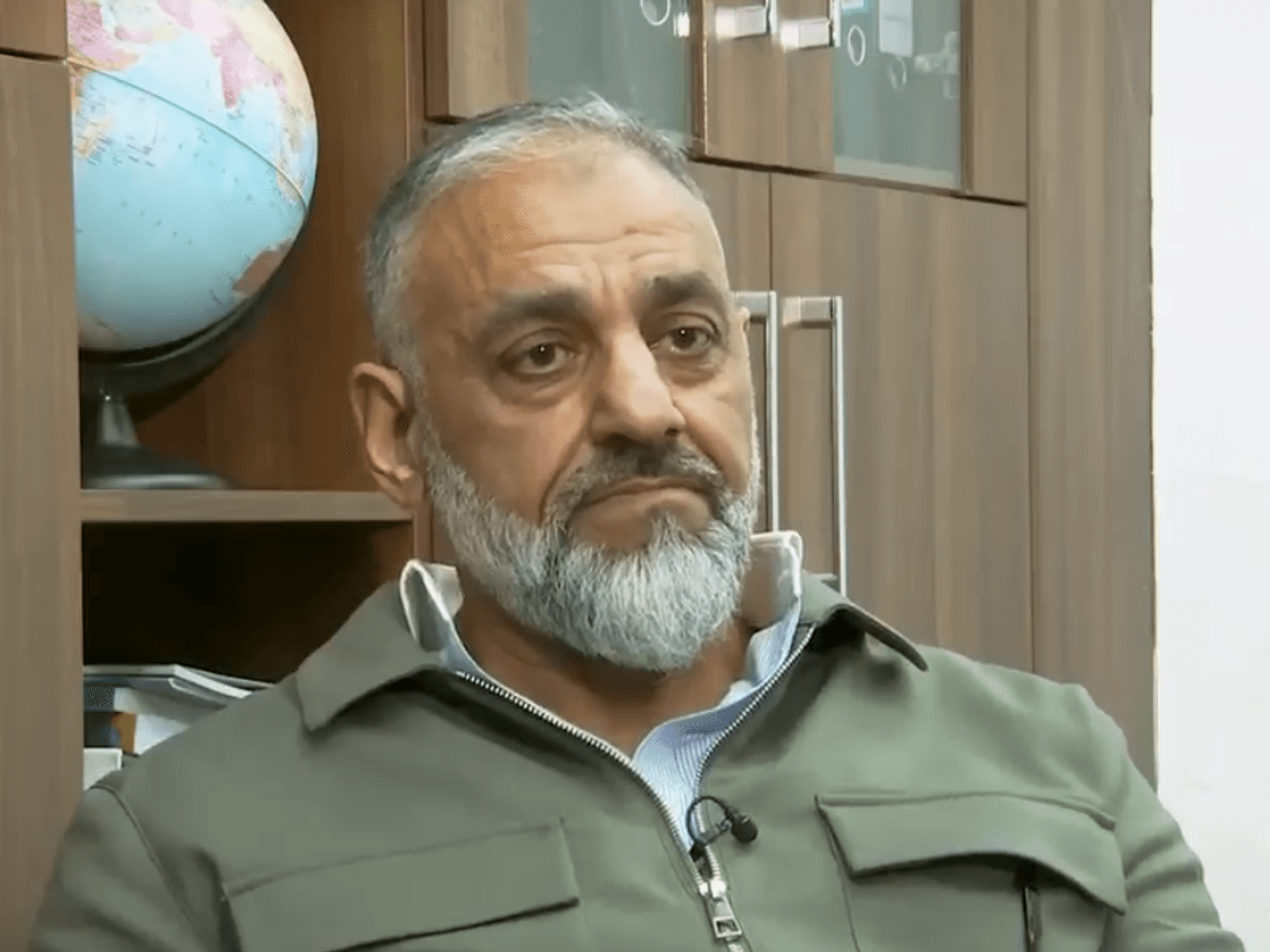Common bacteria could turn plastic into painkiller medicine

Polyethylene terephthalate (PET) in plastic bottles could be turned into the pharmaceutical compound
Don't Miss
Most Read
Latest
Scientists have made a groundbreaking discovery that common gut bacteria can transform plastic waste into painkillers.
The research reveals that E. coli bacteria, typically associated with urinary tract infections, can convert polyethylene terephthalate (PET) plastic bottles into paracetamol with a 92 per cent yield.
This finding, published on Sunday in the journal Nature Chemistry, marks the first time paracetamol has been produced from E. coli using a waste product.
The breakthrough offers promising new avenues for sustainable plastic recycling whilst addressing the growing environmental crisis posed by plastic pollution.

Plastic bottles could be repurposed into paracetamol
|GETTY
The study demonstrates how E. coli's natural metabolic processes can be harnessed to remediate PET plastic through a chemical reaction known as Lossen rearrangement.
This reaction, which produces nitrogen-containing organic compounds essential for cell metabolism, is catalysed by phosphate molecules naturally present in the bacteria.
"The reaction occurs in vivo, under ambient conditions, is non-toxic to E coli and is catalysed by phosphate in cells," the scientists explained.
Researchers degraded plastic bottles to produce the starting molecule required for the Lossen rearrangement, then showed how the metabolic process inside bacterial cells could transform this plastic-derived molecule into paracetamol.
LATEST DEVELOPMENTS:

Plastic bottles could be turned into the painkiller
| PAThe breakthrough represents a significant advance in metabolic engineering, as scientists have successfully demonstrated that microbes possess a "toolbox" of highly active chemicals that can be repurposed for industrial applications.
This approach could substantially reduce dependence on fossil fuel-based chemical manufacturing processes.
"The Lossen rearrangement substrate can also be synthesised from polyethylene terephthalate and applied to whole-cell biocatalytic reactions and fermentations generating industrial small molecules, including the drug paracetamol," the researchers stated.
The technique exploits bacteria's natural enzymatic processes to produce desirable small molecules from plastic waste, offering a sustainable alternative to traditional pharmaceutical manufacturing methods.

The substance could be repurposed
The discovery could revolutionise both plastic waste management and pharmaceutical production, researchers suggest.
They hope the technique will pave the way for a general strategy to remediate and upcycle plastic waste across ecosystems.
The implications extend beyond paracetamol production. Scientists believe further research involving different types of bacteria and plastic may generate other useful products, potentially creating a new paradigm for sustainable manufacturing.
"Overall, this work expands the available toolbox of metabolic chemistry for small-molecule synthesis," the researchers wrote.











